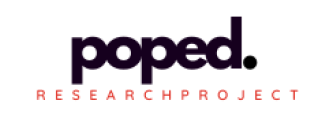In search of sustainable development in Africa – The role of consistent, forward-looking policy
Many African countries are signatories to the United Nations Sustainable Development Goals (UN-SDGs) such as poverty reduction (SDG1), gender equality (SDG5), affordable and clean energy (SDG7), sustainable cities and communities (SDG11) etc, and rightly so. What follows is domestic policy change, at the national but also the regional levels, as countries seek to deliver on their commitments. In this paper we argue that the failure to achieve sustained-development and growth in most African countries is not necessarily due to lack of policy. Rather, the problem lies with the non-implementation of a consistent, forward-looking policy framework, backed by an unwavering political will to implement those policies. Reversing this trend is crucial if Africa countries are to create a dynamic environment that will facilitate the much-desired sustainable development in Africa. Our goal is to stimulate thinking and debate on this crucial issue. We reflect on this by drawing on the findings from the 1736 responses to a survey, distributed in Lagos, Nigeria, in February-March 2022, where we sought to explore how stakeholders’ perspectives can be incorporated into a framework promoting dialogue on policies targeting poverty reduction, economic and social inclusion and sustainable development. We find that these concerns over policy implementation are an appropriate critique of Nigerian policymaking. The consequence is policy failures, waste of scarce resources that could be committed to developmental projects, and the continued social and economic exclusion of many citizens. To show why this is a big problem, we analyse policies towards the informal economy in Lagos, and find that the Lagos state government had within the space of 10 years moved from being a promoter (and supporter) of okada business (in particular, supplying motorbikes and helmets to bike riders, even as part of Lagos state government’s empowerment programmes), through the harassment and restriction of okada riders’ operations, to proscription/prosecutor of okada business in Lagos, arresting and prosecuting okada riders and taking their motorbikes away. Alongside this, firms set-up to service the previously-booming okada business in Lagos, were forced to shut-down by the sudden, strict implementation of the okada ban. However, these firms have invested in both machinery and human capital. This has also created problems facing Lagosians as they seek to move around a very crowded traffic network. This raises several important questions: who bears the cost of such sudden change in policy? What happens to the operators of the motor bikes? What happens to members of the public using the okada as means of transportation? What message do such sudden policy-reversal send to potential investors? How do these impact the drive for sustainable development? We provide answers to these questions, and offer important recommendations for further reflections. Moreover, our findings support our main argument that for Africa to achieve a sustainable development, having a dynamic business environment anchored on consistent, forward-looking policies are not negotiable.
Citation : Igudia, E., Ackrill, R., Olusanya, O. and Oyalowo, B. (2023) In search of sustainable development in Africa – the role of consistent, forward-looking policy. In: 23rd The Academy of African Business and Development (AABD) annual conference, University of East London, London, UK, May 16 to May 20, 2023
URL
https://theaabd.org/2023-conference/files/23-AABD-CONFERENCE-PROGRAMME-AP.pdf
https://hdl.handle.net/2086/22951
Research Institute : Institute for Applied Economics and Social Value (IAESV)
Peer Reviewed : Yes


0 Comments